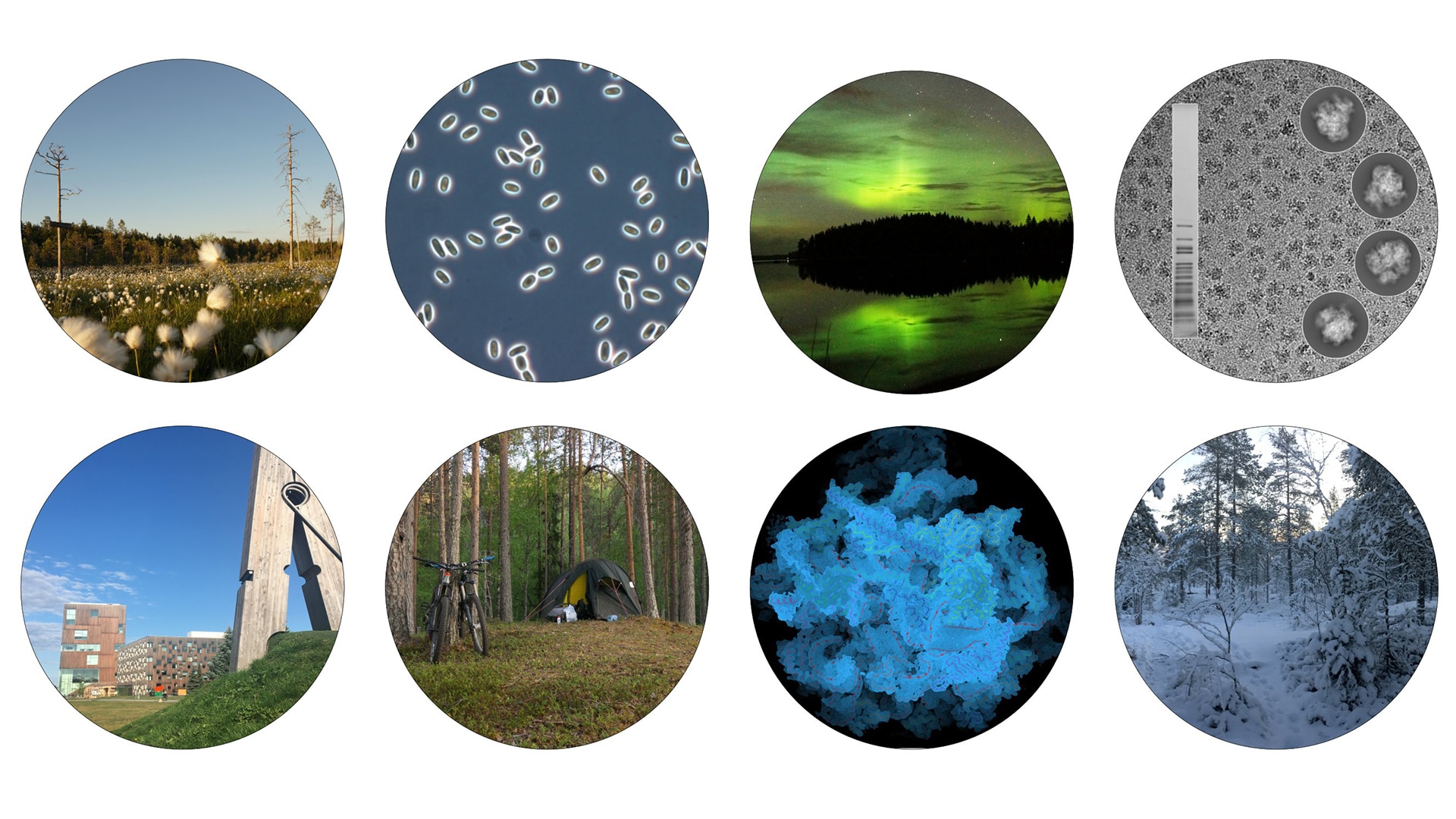SciLifeLab Fellow Jonas Barandun receives ERC Starting Grant 2020
SciLifeLab Fellow Jonas Barandun (Umeå University) is one of 436 laureates across the world who will receive the European Research Council (ERC) Starting Grant 2020. The funding is meant to support early-career scientists and scholars in building their own teams and to pioneer research across all disciplines.
The ERC starting grant 2020 (worth in total €677 million) is a great opportunity for many researchers around the world, and is part of the EU’s Research and Innovation program, Horizon 2020, a broad effort from the EU to support science and innovation.
“These Starting Grants will create an estimated 2,500 jobs for postdoctoral fellows, PhD students and other staff at the host institutions.”, according to the ERC press release.
When SciLifeLab Fellow Jonas Barandun from the Laboratory for Molecular Infection Medicine Sweden (MIMS) at Umeå University first received the news that his proposal named “PolTube” had been selected, he was pleasantly surprised. His research is focused on structural biology research, and this grant will support his work in the coming five years.
“I was very surprised and happy for my research team, as this gives us the financial resources and freedom to pursue exciting high-risk research and long-term projects. It is a great honor to be awarded an ERC Starting Grant, and I am delighted to receive such a prestigious grant.”
“Being awarded this grant is very inspiring and also shows that we are investigating a question of broad interest. It encourages my team and me to push through challenges in our research direction and to stick to our plan”, says Jonas Barandun.
How will you utilize the grant money?
“We will use the ERC grant to study the fascinating and understudied molecular world of microsporidia, a group of emerging pathogenic fungi with highly intriguing cell biological features, such as a unique infection mechanism or the smallest eukaryotic genome.“
“We could recently solve the ribosome cryo-EM structures from two divergent microsporidian organisms showing how extreme genome reduction has shaped the smallest eukaryotic cytoplasmic ribosome. The ERC grant will now allow us to expand our structural characterization to the unusual infection, host exploitation & manipulation mechanisms of microsporidia“, says Jonas Barandun.
What do you hope to achieve, and within what time-frame?
“I hope that my team and I can solve some cool cryo-EM puzzles and start to understand the biology of the microsporidian infection mechanism at high-resolution within the next five years. I also wish to provide my team members with the same great support I received during my Ph.D. and Postdoctoral time, and that our work will enable them to jump-start their independent careers”, says Jonas Barandun.
The President of the European Research Council (ERC), Professor Jean-Pierre Bourguignon, commented (in the official press release): “The present health crisis showed that despite spectacular progress in research over the past decades, there still remain plenty of unsolved scientific mysteries, as well as lessons to be learnt from the past. Therefore, the best strategy to tackle it is to enable some of the brightest minds to pursue their most innovative ideas, in order to create opportunities for serendipitous discoveries.This is what the European Research Council is for. It’s clear that, if Europe is to be competitive globally, it needs to give excellent prospects to the next generation of researchers as these ERC Starting Grants do, and to invest much more in top blue sky research.”





